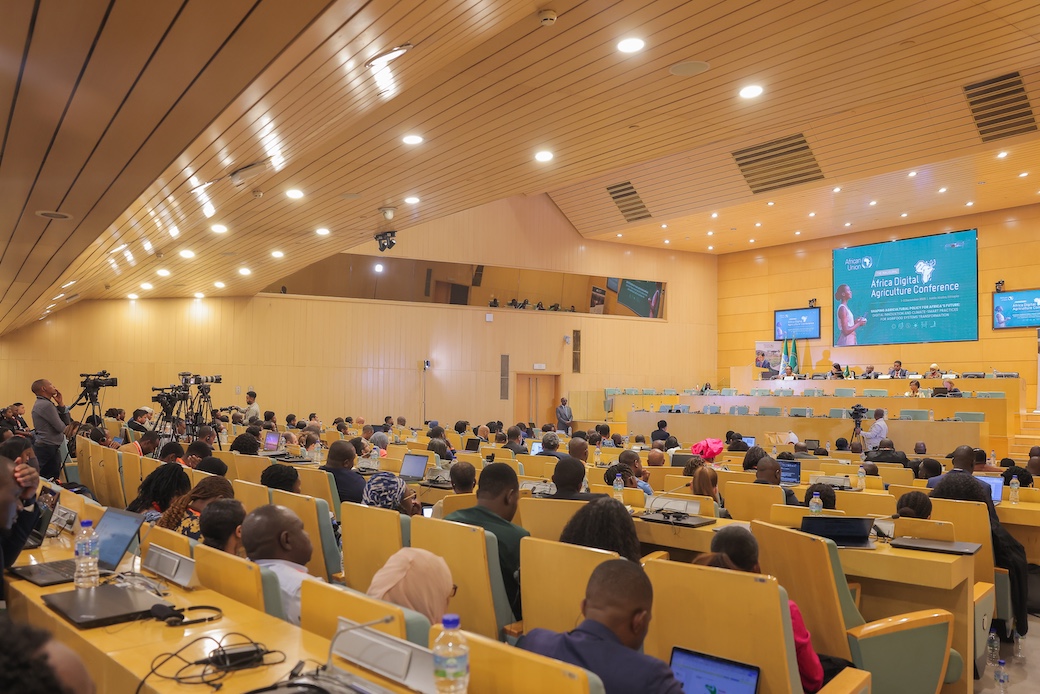Kenyan government vows thorough investigation into alleged British Army abuses

Chairperson Nelson Koech assured Njoki and other victims' families that the inquiry into crimes allegedly committed by British soldiers would be thorough.
On Tuesday, in a tearful account before the National Assembly Parliamentary Committee on Defence, Intelligence, and Foreign Relations, Esther Njoki recounted her family’s long struggle for justice.
Njoki, a niece of Agnes Wanjiru—the young Kenyan woman allegedly murdered by a British soldier in 2012—urged the Kenyan government to take action.
More To Read
- Ex-British soldier arrested in UK over Agnes Wanjiru murder
- BATUK: How 1964 pact shaped Kenya’s military partnership with UK
- UK reaffirms support for justice in Agnes Wanjiru case in response to Kenyan inquiry
- Seven Kenyan men prove paternity case against BATUK soldiers
- FIDA-Kenya presses Kenya, UK to extradite soldier in Agnes Wanjiru murder case
- Explained: Kenya’s path to extraditing Agnes Wanjiru murder suspect
This call comes amid renewed investigations into the conduct of the British Army Training Unit in Kenya (BATUK).
The Committee convened in Nairobi to address these longstanding allegations as part of a broader inquiry into BATUK's operations.
Just a day earlier, a report surfaced revealing that the British Army still refuses to release files on an alleged rape and murder of a pregnant woman by a soldier near the army base in the 1990s.
This added urgency to the Committee's vow to ensure a serious investigation this time.
Chairperson Nelson Koech assured Njoki and other victims' families that the inquiry into crimes allegedly committed by British soldiers would be thorough.
“You can be very certain that this committee will be putting a very serious report together,” Koech declared. “Have faith in us that we will do justice; you don’t have to go to the UK. We will handle this issue fair and square.”
Kenya currently has a Defence Cooperation Agreement with the United Kingdom that allows up to 10,000 British soldiers to train in the country each year.
The agreement has come under scrutiny following multiple allegations of mistreatment, torture, unlawful detention, and even killings by British soldiers stationed in Kenya.
The Kenyan government held three days of public hearings in May to investigate these allegations.
Kelvin Kubai, a lawyer representing the African Centre for Corrective and Preventive Action, voiced frustration over the British Army’s history of alleged misconduct and impunity during his presentation to the Committee.
“The British army has been able to get away with anything,” Kubai stated. “When the visiting forces come to use our terrain for training, they don’t understand the significance of our environment for people’s lives and their livelihood.”
The British Army has previously claimed “sovereign immunity” from legal action in Kenya. However, a landmark ruling by a Kenyan court in March 2022 changed the landscape.
The court ruled that people affected by environmental damage caused by a fire started by BATUK, which destroyed over 10,000 acres of land, could sue.
Since then, over 7,000 claims have been filed against BATUK, alleging health issues and other grievances resulting from the blaze. During these hearings, it was also revealed that the British Army admitted to using white phosphorus, a highly toxic
Top Stories Today
















































